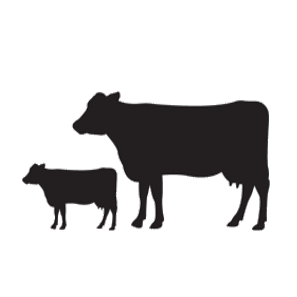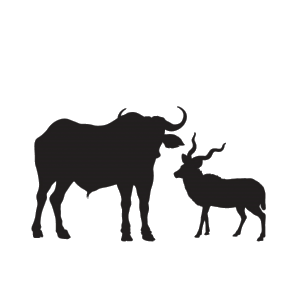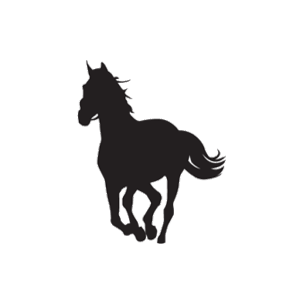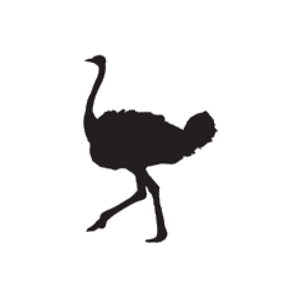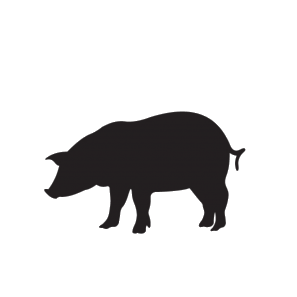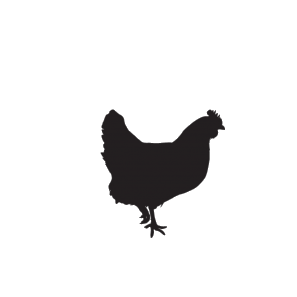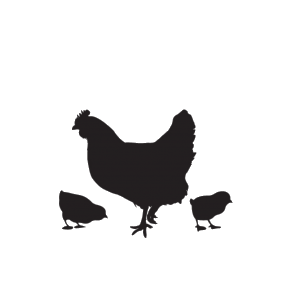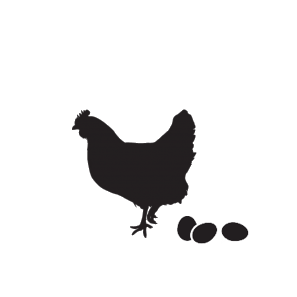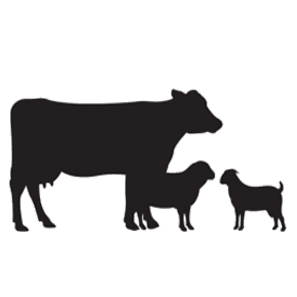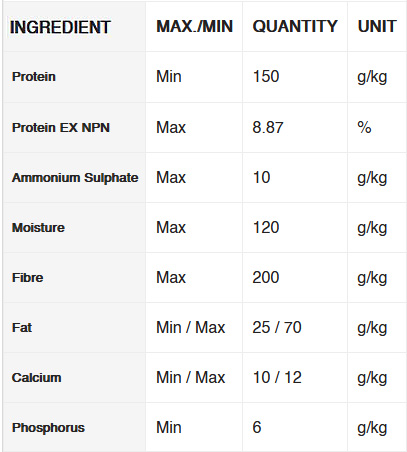In their natural environment, wild game species have little need for supplementary feeding. This is because their free-ranging habits enable them to pursue more nutritious grazing and therefore satisfy their nutrient requirements. The advent of game farming, however, has resulted in wild animals being confined to camped-off areas. This, combined with the desire for more prolific breeding, has necessitated the use of supplementary feeding when nature cannot supply. In the case of boma-fed and stabled animals, their total feed requirements have to be met.
Epol game pellets are formulated to ensure the optimal amounts of digestible protein, amino acids, minerals, trace minerals and vitamins.
Reference used: National Research Council’s work on beef, dairy cows, horses, camelids, sheep, goats and cervids.
Adaptation to feed or changing from on feed to another to prevent rumen disorders and red gut:
- Grazing and browsing animals have a very important symbiotic relationship with the microbe fauna and flora living in their foreguts, i.e. ruminants (bovine and antelope) and pseudo ruminants (hippopotamus, llama and alpaca) and hindguts, i.e. hindgut fermenters (zebra, rhino and horses). It is critical to understand that the slightest change in the foregut or hindgut environment can have a serious negative effect on the animal’s health, reproduction and production.
- All animals need to be adapted to game cubes/ pellets and self-mix feeds after a period of non-use (i.e. after the green season).
- Start feeding small amounts to the animals as soon as the animals start approaching the troughs again. Do this over a 4- to 5-week period.
- If and when feed is left over due to improved pasture post rain, reduce cube/pellet/self-mix feed supply accordingly.
- Changing from one feed to another should occur gradually over a 5-week period. Replace 1/5th of the old feed with the new feed in week 1. In week 2, replace 2/5ths with of the old feed with the new feed, and so on until week 5 when animals should be eating the new feed only.
- Don’t change from on type of feed to another within a season. This could cause rumen disturbance. Rather feed less as the grass quality improves, i.e. don’t change from the Epol Antelope (16% crude protein) cube/pellet to the Epol Grazer (12% crude protein) cube/pellet mid-season.
Supplying cubes or pellets to animals kept extensively on open game reserves, farms and hunting farms.
If pellets are to be supplied to animals housed in hunting or game farms supply Epol Grazer 12% every 2 to 3 days.
Feed animals in troughs, or on a large conveyor belt or any stony area where the feed will not be in direct contact with the soil. Soil ingestion can cause parasite infestation, accumulation of heavy metals and gut impaction. By feeding the animals
every 2 to 3 days, no individual animal will dominate the feeding site, reducing the risk of any animals getting sick, and possibly dying from a rumen-related disorder like acidosis and rumenitis.




